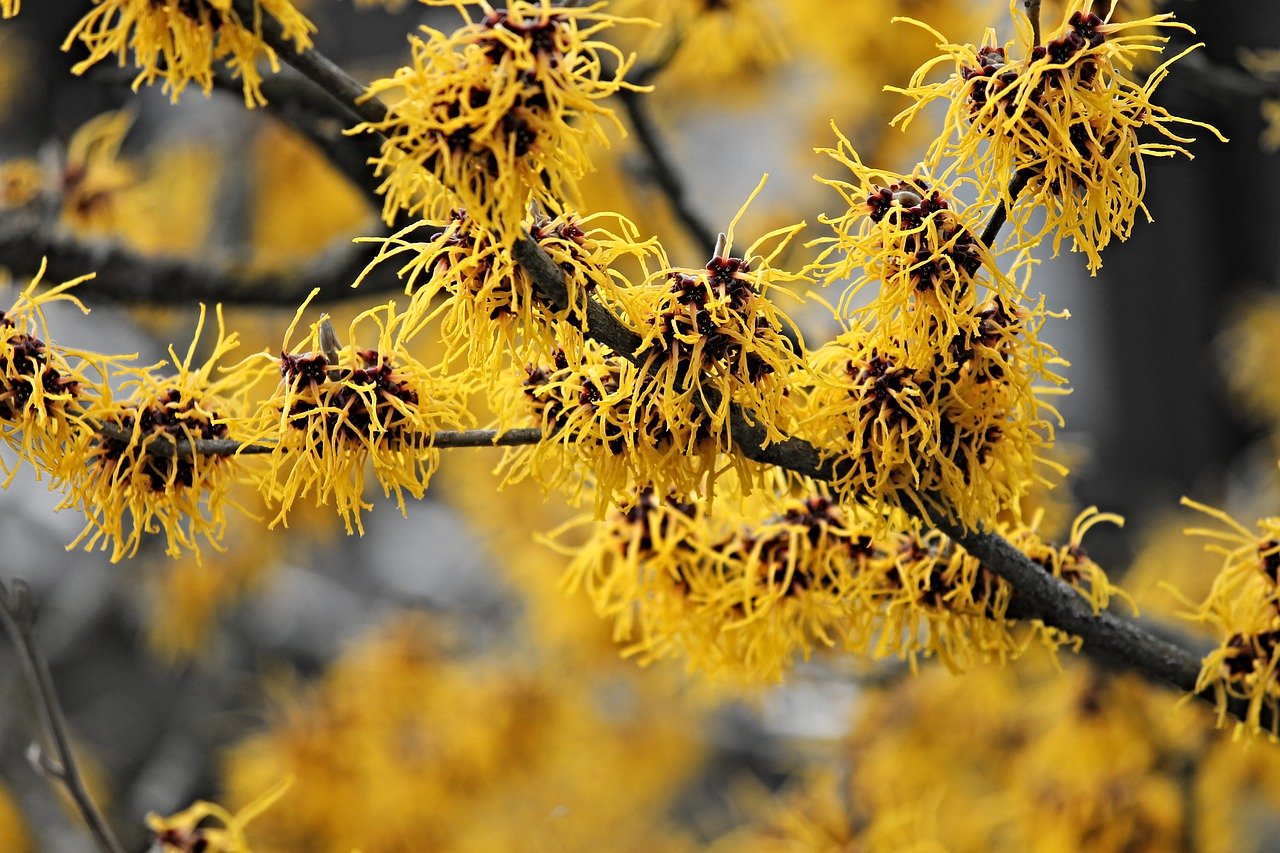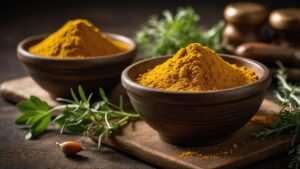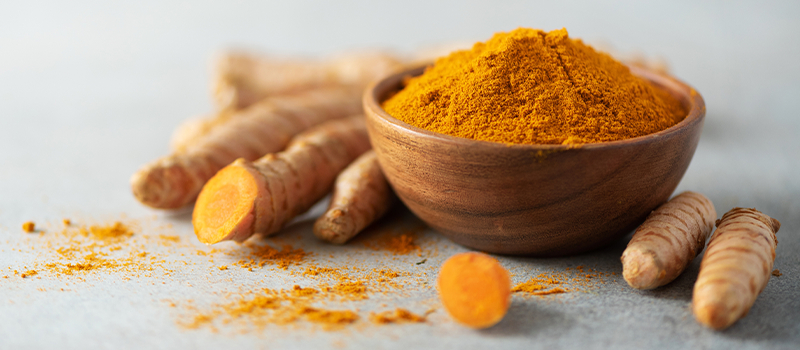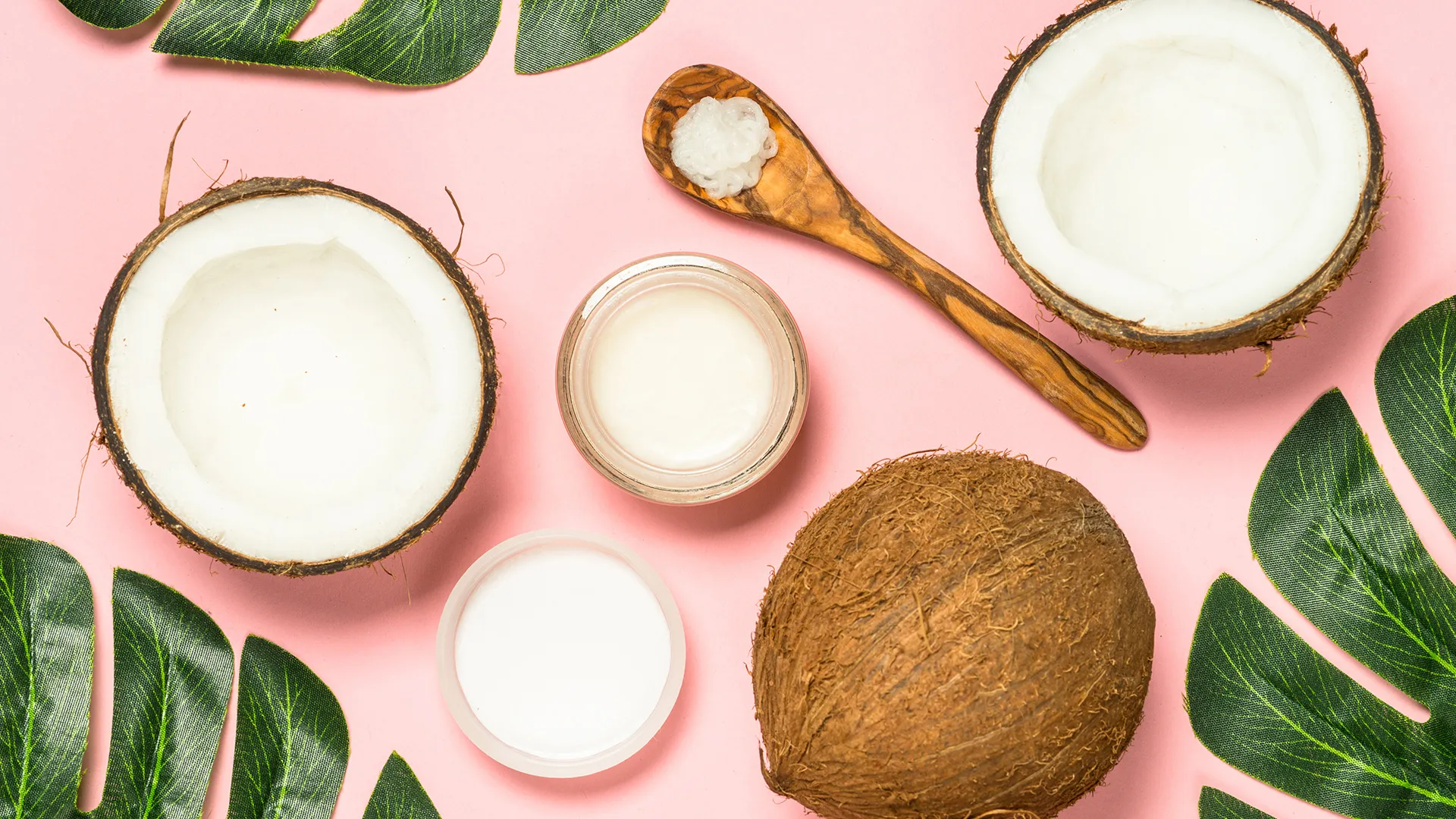Oily skin is a common issue faced by millions of people worldwide. While there are countless commercial products designed to manage oily skin, many contain harsh chemicals that can irritate sensitive skin or worsen oil production. Thankfully, nature offers a bounty of ingredients that can help you control oil production, clear clogged pores, and improve the overall health of your skin. This article dives deep into natural remedies that not only treat oily skin but also nourish and balance it.
In this comprehensive guide, we will explore seven highly effective natural solutions that will help you manage oily skin. These remedies offer safe, chemical-free alternatives for individuals looking for a more holistic approach to skincare. Not only are these natural ingredients budget-friendly, but they are also packed with beneficial nutrients to maintain a healthy, glowing complexion. Whether you are battling acne breakouts, enlarged pores, or just want to reduce excessive shine, these remedies have you covered.
Why Choose Natural Ingredients for Oily Skin?
Using natural ingredients is not only eco-friendly, but it also supports long-term skin health by avoiding potentially harmful chemicals found in synthetic products. Natural treatments balance oil production while hydrating and protecting the skin barrier, ensuring a healthier, clearer complexion.
1. Aloe Vera: The Soothing Skin Savior
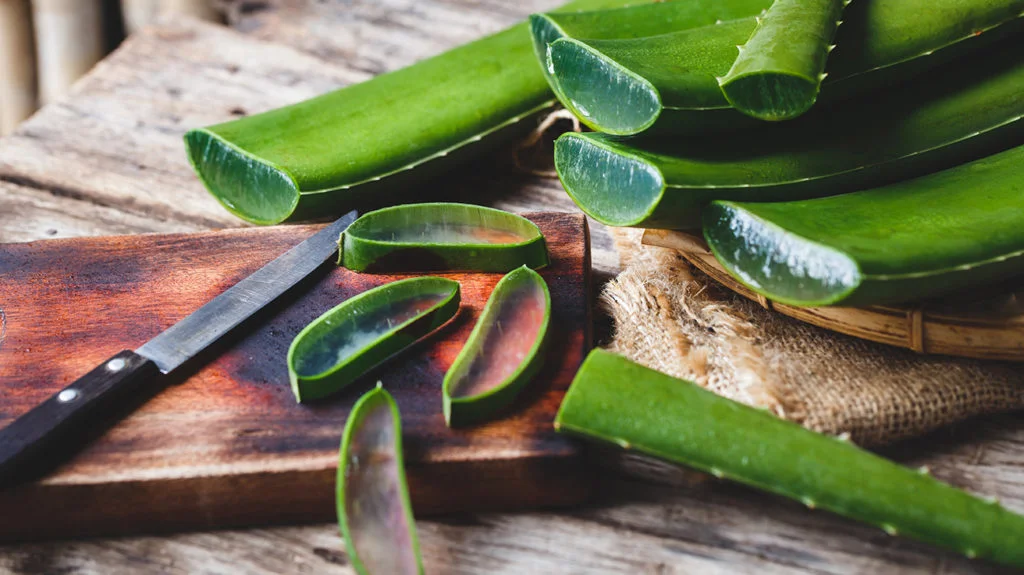
Aloe Vera is one of the most versatile and gentle natural ingredients for treating oily skin. Rich in antioxidants, vitamins, and enzymes, Aloe Vera is highly effective at reducing excess oil, calming inflammation, and maintaining moisture balance without clogging pores.
How Aloe Vera Helps Oily Skin
Aloe Vera has strong astringent properties that tighten the skin and reduce the appearance of large pores, common with oily skin types. Its gel-like consistency hydrates the skin without leaving a greasy residue, making it perfect for balancing oil levels.
How to Use Aloe Vera for Oily Skin
- Aloe Vera Gel Mask: Simply extract fresh Aloe Vera gel from the plant and apply it directly to the face. Leave it on for 15–20 minutes before rinsing with cool water. For best results, use 3–4 times a week.
- Aloe and Tea Tree Oil Spot Treatment: Combine a tablespoon of Aloe Vera gel with a drop of tea tree oil. Use this mixture as a spot treatment for acne-prone areas or excess oil zones.
Benefits of Aloe Vera:
- Soothes irritated skin
- Reduces excess oil
- Prevents acne breakouts
- Shrinks large pores
2. Witch Hazel: The Natural Astringent
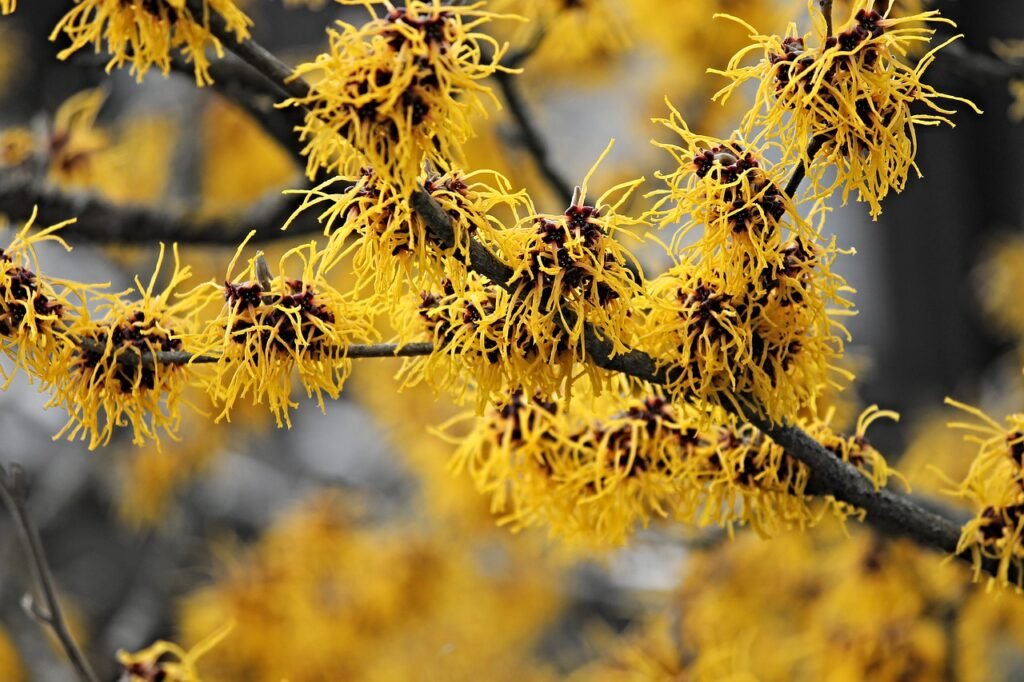
Witch Hazel is another excellent natural astringent that can help combat oily skin. It is derived from the bark and leaves of the Witch Hazel plant and has been used for centuries to treat skin issues, thanks to its strong anti-inflammatory and astringent properties.
Why Witch Hazel is Effective for Oily Skin
Witch Hazel works by tightening the pores and controlling oil production without stripping the skin of its natural moisture. This makes it an ideal toner for those with oily or combination skin.
How to Use Witch Hazel for Oily Skin
- Witch Hazel Toner: After cleansing, apply pure Witch Hazel using a cotton ball to your face, focusing on the T-zone (forehead, nose, and chin) where oil is more concentrated. Use it once or twice a day.
- Witch Hazel and Rosewater Mix: Combine equal parts of Witch Hazel and rosewater to make a refreshing, hydrating toner that balances skin oils while reducing redness and irritation.
Benefits of Witch Hazel:
- Tightens pores
- Reduces inflammation
- Regulates oil production
- Prevents acne flare-ups
3. Tea Tree Oil: Nature’s Acne Fighter
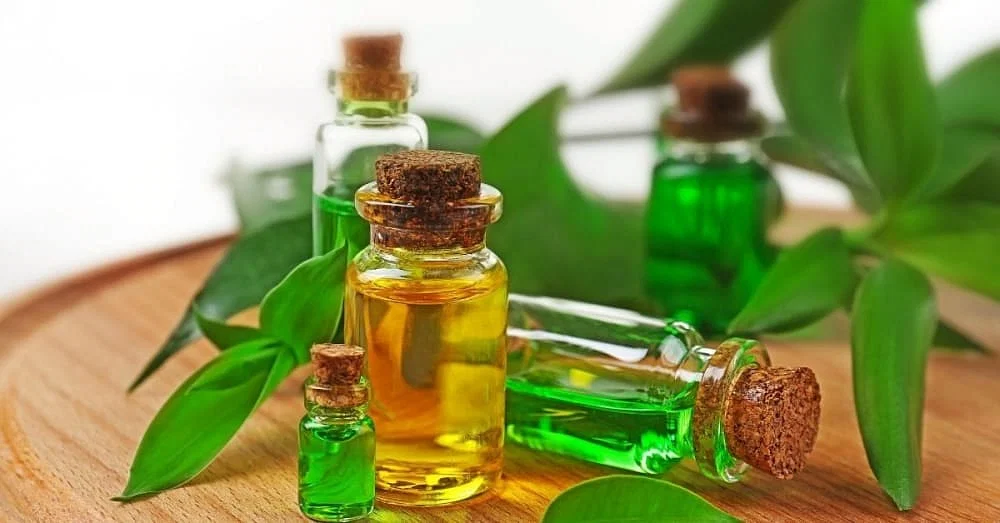
Tea tree oil is a potent natural remedy that is especially beneficial for individuals dealing with oily and acne-prone skin. It boasts strong antibacterial and anti-inflammatory properties, making it ideal for preventing acne breakouts caused by excess oil.
How Tea Tree Oil Controls Oil and Acne
Tea tree oil penetrates deeply into the pores to dissolve excess sebum (the oil produced by your skin), which helps prevent clogged pores and acne. Its antibacterial properties further reduce acne-causing bacteria.
How to Use Tea Tree Oil for Oily Skin
- Diluted Tea Tree Oil: Mix a few drops of tea tree oil with a carrier oil like jojoba or almond oil. Apply the diluted oil to problem areas using a cotton ball. Use this method 2–3 times per week.
- Tea Tree and Clay Mask: Combine a drop of tea tree oil with bentonite clay and water to create a purifying mask that absorbs oil and detoxifies the skin.
Benefits of Tea Tree Oil:
- Fights acne-causing bacteria
- Reduces excess oil production
- Soothes inflamed skin
- Unclogs pores
4. Honey: The Gentle, Hydrating Cleanser
Honey may not be the first ingredient that comes to mind for treating oily skin, but it’s a powerful natural humectant that helps keep skin hydrated without making it greasy. Its antibacterial and antiseptic properties make it perfect for oily and acne-prone skin types.
Why Honey is Beneficial for Oily Skin
Unlike other oily skin remedies that focus solely on reducing sebum, honey ensures the skin stays hydrated while simultaneously reducing oil. It cleanses the skin, eliminates impurities, and provides a radiant glow.
How to Use Honey for Oily Skin
- Honey Cleanser: Use raw honey as a gentle cleanser by massaging a small amount onto damp skin. Leave it on for 5–10 minutes before rinsing with warm water.
- Honey and Lemon Mask: Mix one tablespoon of honey with a teaspoon of fresh lemon juice to create a mask that balances oil levels and brightens the skin.
Benefits of Honey:
- Hydrates without clogging pores
- Has antibacterial properties to prevent breakouts
- Cleanses the skin naturally
- Provides antioxidants for healthy skin
5. Clay Masks: Detoxifying and Oil-Absorbing
Clay masks are one of the most effective treatments for oily skin because of their ability to absorb excess oil and deeply cleanse the skin. Popular clays such as bentonite, kaolin, and French green clay are rich in minerals and help draw out impurities from the skin.
How Clay Masks Help Oily Skin
Clay masks work by absorbing excess sebum from the surface of the skin, which helps prevent clogged pores and acne. Over time, regular use of clay masks can help regulate the skin’s natural oil production.
How to Use Clay Masks for Oily Skin
- Bentonite Clay Mask: Mix bentonite clay with water or apple cider vinegar to create a smooth paste. Apply the mask to your face, let it dry for 10–15 minutes, and rinse off with lukewarm water.
- Kaolin Clay Mask: Kaolin clay is gentler than bentonite and ideal for sensitive, oily skin. Mix with rose water for a soothing effect.
Benefits of Clay Masks:
- Absorbs excess oil
- Deeply detoxifies the skin
- Prevents breakouts
- Refines the appearance of pores
6. Jojoba Oil: The Balancing Act
While it may seem counterintuitive to use oil on oily skin, jojoba oil is actually one of the best ingredients for balancing skin’s natural oils. This is because jojoba oil closely mimics the skin’s sebum, tricking the skin into producing less oil.
Why Jojoba Oil is Great for Oily Skin
Jojoba oil helps regulate oil production by creating a protective barrier on the skin that keeps it moisturized without clogging pores. It’s non-comedogenic and lightweight, making it perfect for daily use.
How to Use Jojoba Oil for Oily Skin
- Daily Moisturizer: After cleansing and toning, apply a few drops of jojoba oil to your face as a moisturizer. It’s especially effective when used at night.
- Jojoba and Lavender Oil Mix: Combine a few drops of jojoba oil with lavender essential oil to create a calming, oil-balancing serum.
Benefits of Jojoba Oil:
- Balances oil production
- Moisturizes without clogging pores
- Reduces acne
- Soothes inflammation
Conclusion
Treating oily skin with natural ingredients is not only effective but also gentle on the skin. These natural remedies—aloe vera, witch hazel, tea tree oil, honey, clay masks, and jojoba oil—each offer unique benefits for balancing oil, reducing acne, and improving overall skin health. The best part? They are free of harmful chemicals and affordable. Regular use of these natural treatments will leave your skin looking healthier, clearer, and more radiant.
Incorporating these natural remedies into your skincare routine can make a significant difference in the appearance and health of your skin. With patience and consistency, you can achieve the glowing, balanced complexion you’ve always wanted.

